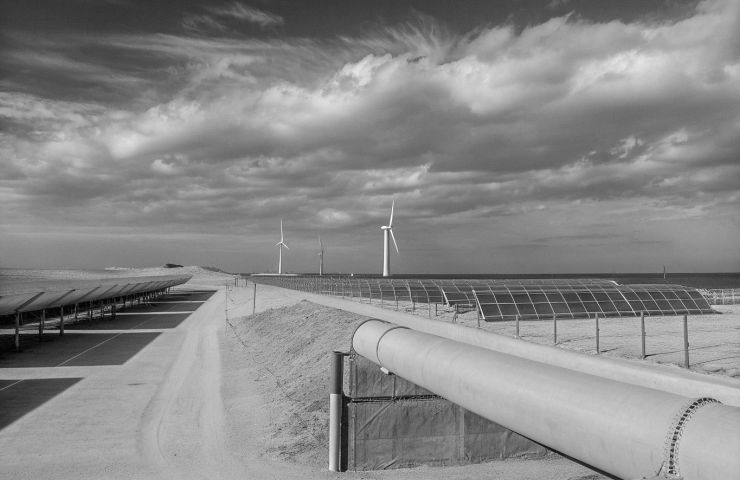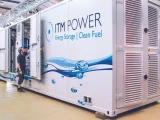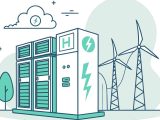
Algeria Launches Major Green Hydrogen Infrastructure Initiative to Energize Regional Markets
October 13, 2025Announcing a Game-Changing Partnership
At the 13th NAPEC 2025 conference in Oran, Minister Mourad Adjal and the Ministry of Energy and Renewable Energies announced an ambitious push to develop green hydrogen infrastructure and open up regional energy markets. With 3,200 MW of renewable energy projects lined up and collaborations with Sonelgaz and the African Green Hydrogen Alliance, Algeria is charging ahead on its 2023 National Hydrogen Strategy—perfectly in tune with global decarbonization targets.
How the Technology Works
It’s pretty straightforward: solar- and wind-powered electrolyzers split water into hydrogen and oxygen, giving us a zero-carbon fuel. That green hydrogen gets stored or piped through revamped oil and gas lines—cutting emissions way down compared to old-school fossil options.
Driving Real-World Benefits
Whether it’s lighting up remote villages or decarbonizing heavy industry, this project is all about using green hydrogen and renewable energy to tackle real-world challenges head-on. Thousands of jobs will pop up—from equipment manufacturing to plant construction and day-to-day operations. With fresh financial and regulatory frameworks coming down the pipeline, private investors should have an easier time jumping on board. Keep an eye out: pilot plants are gearing up to kick off in 2026.
Made in Algeria, Made for Algeria’s Future
We’re tapping into Algeria’s incredible solar bounty—up to 3,900 hours a year—and its extensive pipeline network. By leaning on local expertise, the country can roll out these systems faster and cheaper. The proposed SoutH2 Corridor will link coastal electrolysis hubs straight to European markets, highlighting the true potential of Algeria hydrogen.
Looking Ahead
As a member of the African Green Hydrogen Alliance, Algeria is working to harmonize standards with other African nations and attract global funding. Sure, detailed export rules are still in draft—expect them by late 2025—but the road ahead is exciting for both hydrogen infrastructure and Algeria’s economy. There’ll be challenges—from tech glitches to water management—but the payoff could be a real game-changer for the country’s climate goals.



 With over 15 years of reporting hydrogen news, we are your premier source for the latest updates and insights in hydrogen and renewable energy.
With over 15 years of reporting hydrogen news, we are your premier source for the latest updates and insights in hydrogen and renewable energy.